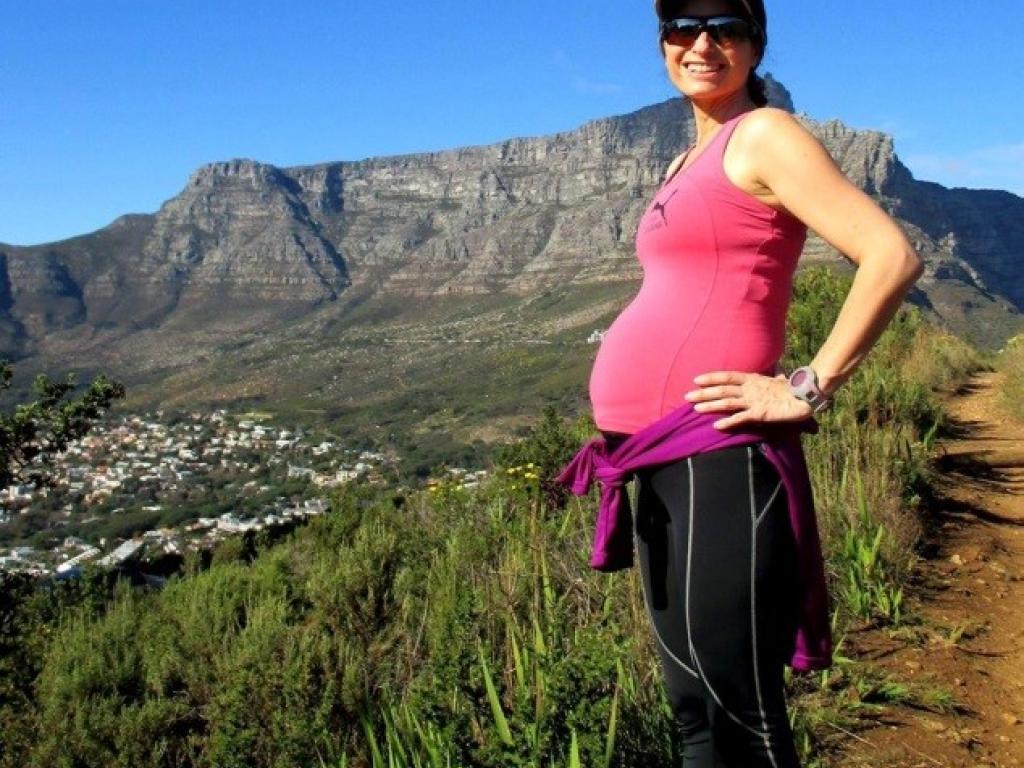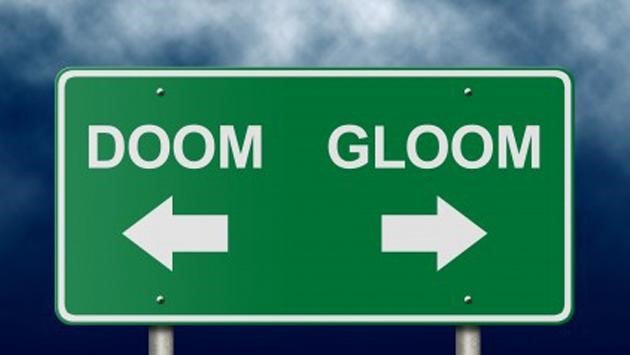What to expect when you’re expecting under climate change

By Tali Hoffman
My life has recently become quite bumpy. By that I mean that, as I type this, I’m 7.5 months pregnant and staring headlong at the realities of being a parent. As someone with a wonderfully well-balanced life, I’m picturing a future of sleepless nights, endless nappy changes, and a home thrown upside down. As a pet-parent I’m imagining (and trying to reduce) the impact of my new baby on my socially-challenged cat. And as a zoologist, science communicator and self-proclaimed biodiversity ambassador, I’m constantly considering and reconsidering whether I’m being responsible by bringing a baby into a world that will have a profound impact on her, and she on it.
I’m not alone in worrying about this latter point; some even devote whole podcast series to worrying about the impacts of future climate on their children. Of course, there is a lot of cause for concern.
Ghastliness and GINKs
People contemplate their children and grandchildren growing up in a world where Manhattan and Tokyo are underwater, where once-lush landscapes are barren, and where we fight over water rather than oil. Some even talk about ‘solastalgia’, where they describe feeling a sense of loss for environmental damage that has not yet happened.

For others, the emphasis is not on the impact of the environment on the child, but of the child on the environment. In 2010, Lisa Hymas came up with the acronym GINK – Green Inclination, No Kids. Playing on the more common acronym ‘DINK’ (Dual Income, No Kids), and based on the argument that more people means more severe climate change (particularly when children are born in the developed world), Hymas advocated that environmentally-conscious people should opt out of having children. Indeed, when working in the environmental sector one often encounters people who strongly believe that being childfree is the most responsible way to go.
It’s not surprising that people feel so strongly about climate change. In his blog ‘Should climate change stop us from having babies’, Eric Holthaus described the situation as this:
“We live in a very critical time for human history, as the first generation to fully understand the implications of the damage we have done to the earth, and perhaps the last generation with the opportunity to change course. It's perfectly normal to get a little freaked out when you realize the implications of that at a personal level.”
Is there space for optimism too?
But, does the future have to look so stark and depressing? And if you are environmentally-minded, do you have to be a GINK, or can you be more of a GAWK – Green Activist, With Children (an acronym I just made up…it needs some work though)? Besides, what kind of a world will future generations be left with if environmentally-responsible people don’t raise children? Leaving the world in the hands of people who care little for the state of our planet seems like a risky strategy.

So I am comforted when I hear that, for some, having children has turned their despair for the future into hope. Quoting Eric Holthaus again, he described his fatherly experiences like this:
“My wife and I just had a baby, and it's quickly becoming the best decision we ever made. Even though his future is uncertain, the knowledge that there's still time left to turn things around has become a tremendously powerful motivating factor in our lives. Our baby has brought us back from the brink. It's impossible to be hopeless with a newborn. Climate change has changed me. And I don't think I'm the only one.”
I’m with Eric on this as my unborn baby has already made me feel more hopeful for the future. Perhaps this is because I now feel even more responsible and accountable for my everyday actions than I did before, and feel more strongly that I have to my play my part in securing a better future for coming generations. I also feel comforted in the knowledge that I will raise children who are environmentally-aware, who care about the world and understand how to act responsibly within it.
I’m not saying that the only way to educate the next generation about environmental issues is to make new humans. Adopting, raising and teaching existing humans of course serve the same purpose (and arguably with less environmental cost). But as I work my way through all these thoughts, and hear about other people’s experiences, I am increasingly sure that there is space in the world for people like me who – in equal parts – feel a strong drive to make their own babies and a strong commitment to the environment.
Image credits: Tali Hoffman, www.crooksandliars.com and www.pravsworld.com
Disclaimer: The views expressed here are solely those of the author in her private capacity